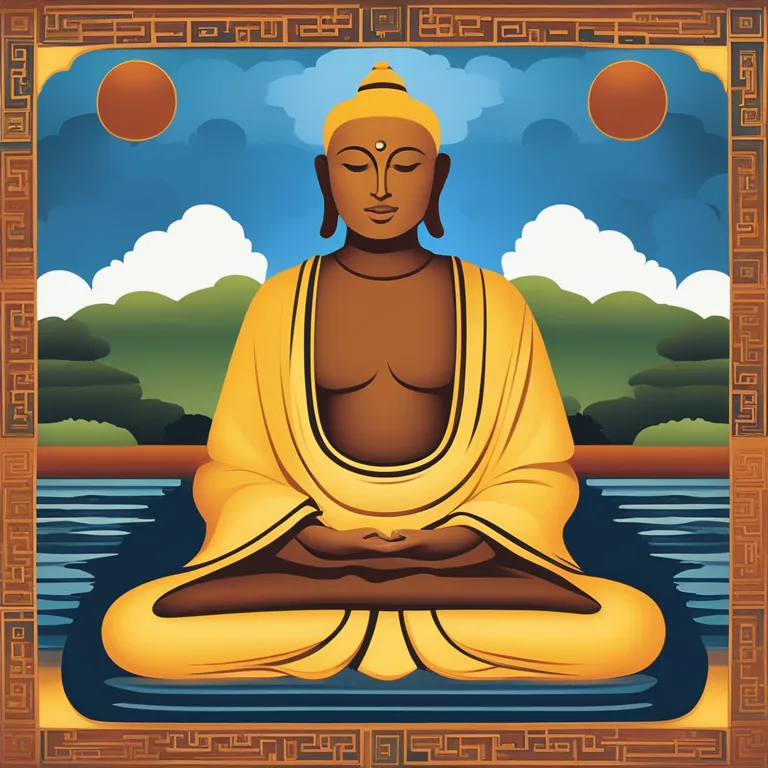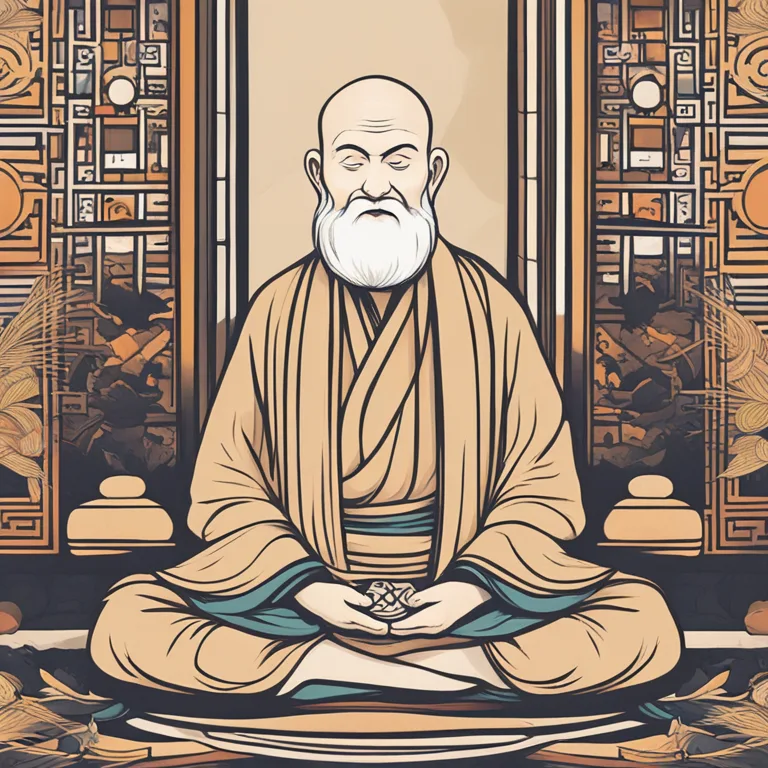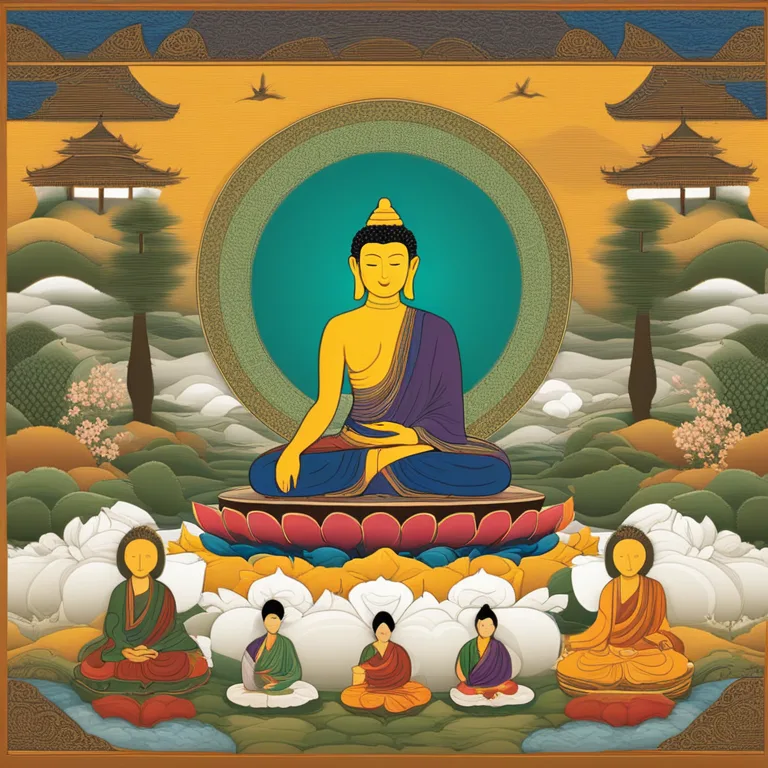
The Historical Rots of Meditation Techniques
A deep dive into the historical roots of meditation practices across cultures, including their evolution and application in modern times.
article by Hina Kurosawa
The Seeds of Stillness
Meditation, a practice as ancient as civilization itself, is deeply rooted in the quest for inner peace and enlightenment. Its historical presence spans across various cultures and continents, from the Vedic traditions of early Hinduism in India around 1500 BCE to the contemplative techniques of Taoist China and Buddhist India between the 6th and 4th centuries BCE. A common thread among these early practices was the pursuit of spiritual connection and self-awareness, often achieved through stillness and the taming of the wandering mind.

Cultural Cross-Pollination
Throughout history, meditation has undergone a fascinating process of cultural cross-pollination. As trade routes expanded and civilizations interacted, techniques and philosophies were exchanged, leading to the development of new practices. For example, the spread of Buddhism from India to East Asia transported the practice of Zen meditation, which evolved and took on unique characteristics in countries such as Japan. Similarly, Sufism in the Islamic tradition embraced meditation, expressing it through whirling dances and the chanting of divine names.

Asceticism and Monastic Influence
Ascetic and monastic communities have played an instrumental role in advancing meditation techniques. Whether it was the Christian hermits of the desert or Buddhist monks in their monasteries, these devout practitioners dedicated their lives to deep meditation, often emerging with insights that would shape religious and spiritual teachings. Their practices emphasized discipline, repetition of prayer or mantras, and periods of seclusion to deepen their meditative experiences.

Adaptation and Modern Revival
In the 19th and 20th centuries, the West saw a revival of interest in meditation, influenced heavily by the transcendental movement and later by the influx of Eastern spiritual teachers during the 1960s. This period of revival made meditation accessible to a broader audience, divorcing it in part from its religious origins and recasting it as a practice for wellbeing and personal growth, thus resonating with secular audiences and sparking scientific interest.

Scientific Validation and Techniques
As of 2024, meditation has become widely recognized for its health benefits, supported by scientific research into its effects on the brain, stress levels, and overall quality of life. Techniques such as Mindfulness-Based Stress Reduction (MBSR) and transcendental meditation (TM) have been studied and implemented in various medical and corporate settings, proving the adaptability and relevance of these ancient practices in our modern, fast-paced world.
Global Meditation Movements
Despite its diverse origins, meditation today enjoys a universal appeal, resulting in global movements and cross-cultural practices. Digital platforms and apps have emerged, offering guided sessions, meditation communities, and easier integration of meditation into daily life, thus ensuring the continuity and innovation of this timeless tradition well beyond 2024.
Published: 1/8/2024
Modified: 1/8/2024
More predictions
Come back here soon to learn more about yourself and your future


Mastering Japa Meditation Practices
Discover the serene art of Japa Meditation and elevate your spiritual journey through chanting and mindfulness.


Meditation Techniques: A Handbook
Discover the breadth of meditation methods to enhance your wellness journey.


Jain Meditation Techniques for Inner Peace
Discover the serenity and spiritual depth of Jain meditation practices in a comprehensive article tailored for modern seekers.